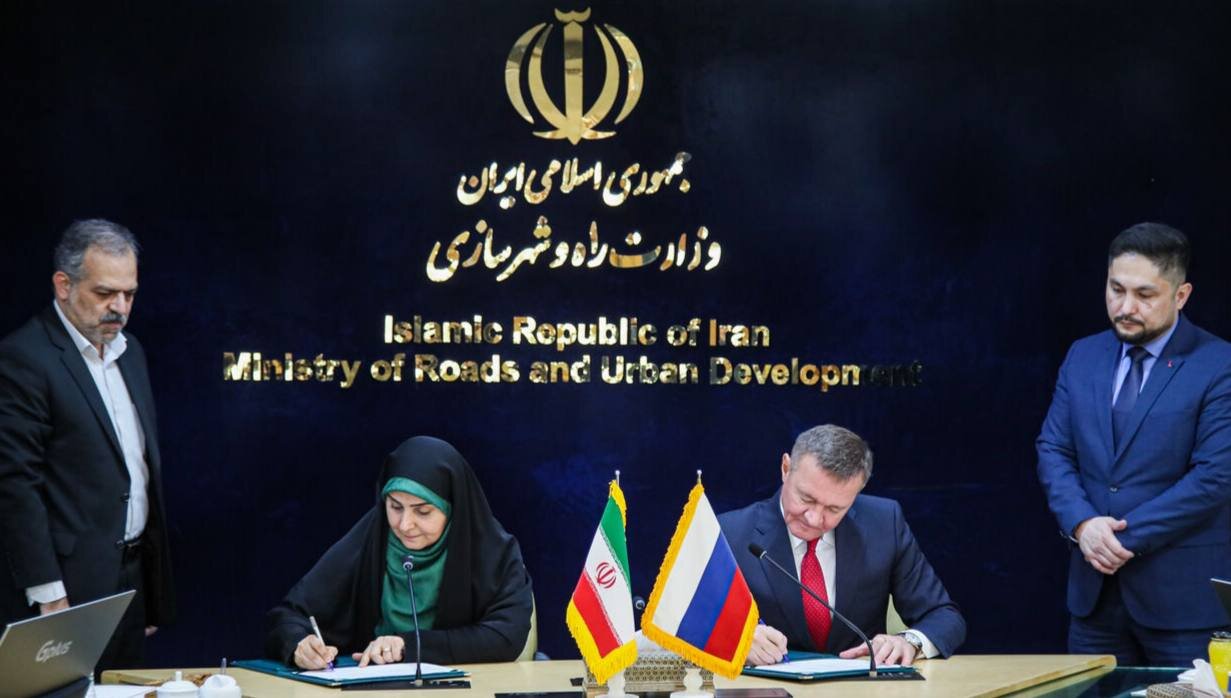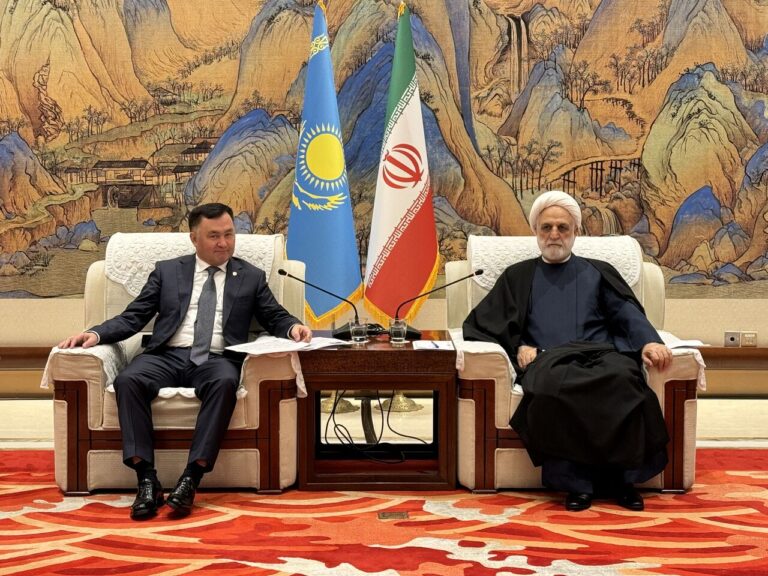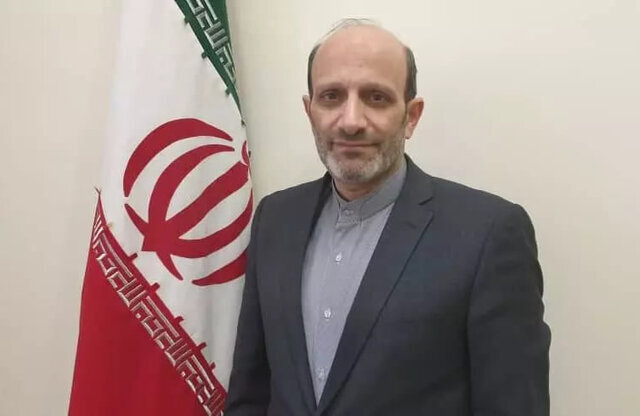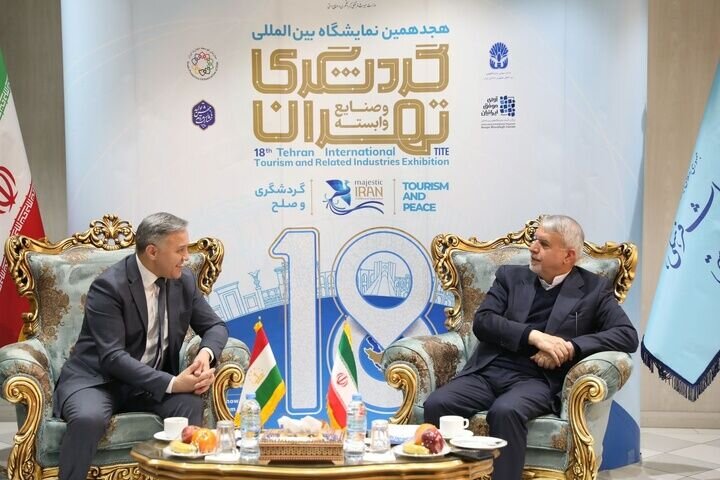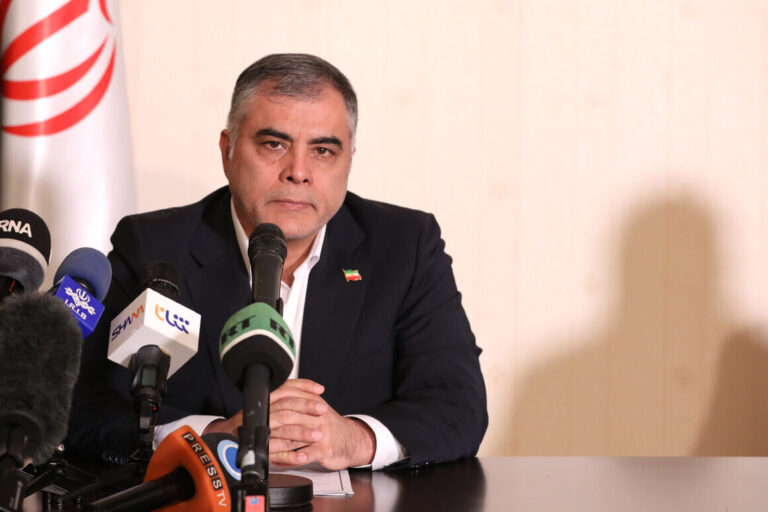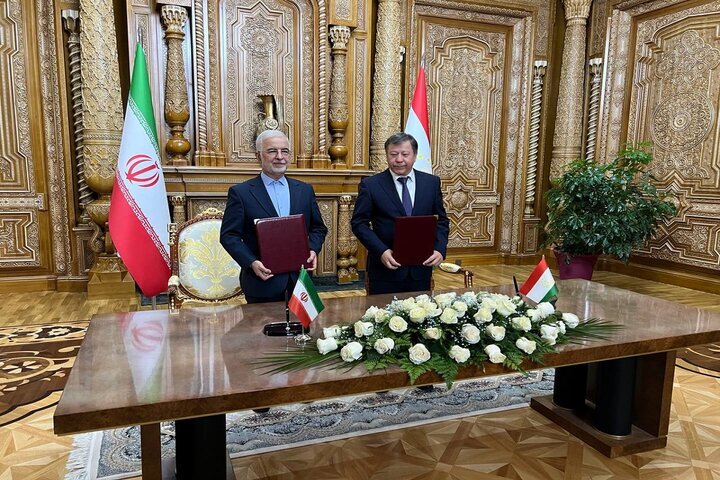Iran and Russia Forge Strategic 2025 Transit Roadmap: A New Era in Regional Connectivity
The enhancement of the International North-South Transport Corridor is set to revolutionize trade and connectivity across Eurasia. In a significant development, Iran’s Minister of Roads and Urban Development, Farzaneh Sadegh, engaged in a crucial dialogue with Russia’s Minister of Transport, Vladimir Starovoyt. This meeting, which took place on Tuesday, aimed to bolster transport cooperation between the two nations.
Minister Sadegh warmly welcomed the Russian delegation, emphasizing the importance of regular meetings to expedite the mutual goals of completing the North-South Corridor. She pointed out that the ongoing 3rd Caspian Economic Forum, hosted by Iran with Russian participation, serves as a critical platform for strengthening economic, trade, and transport cooperation among Caspian countries.
- Key Projects Discussed: The ministers signed the 2025 Joint Transport and Transit Cooperation Roadmap, along with an annex focusing on engineering studies for the Rasht-Astara railway project.
- Future Prospects: Sadegh expressed optimism that the final construction contract for the railway would be signed by March 2025, contingent on the finalization of financial and technical details.
- Progress in Land Acquisition: The land acquisition for the Rasht-Astara railway is reportedly advancing swiftly, with completion expected within a year.
Minister Sadegh also welcomed the announcement from Russian President Vladimir Putin, who has authorized the initiation of engineering studies even before the land acquisition timeline is finalized. “This decision by President Putin will significantly accelerate the Rasht-Astara railway project,” she noted, highlighting the collaborative efforts between the two countries.
During the discussions, Transport Minister Starovoyt expressed his support for Iran’s proposals and suggested the formation of a Caspian transport consortium. Minister Sadegh responded positively, asserting that Iran and Russia should take the lead in implementing this initiative. This collaborative approach is expected to enhance the overall efficiency of the transport corridor.
At the conclusion of the meeting, both Sadegh and Starovoyt officially signed the 2025 Transit Roadmap alongside the engineering annex for the Rasht-Astara railway project. This signing symbolizes a significant milestone in the strategic partnership between Iran and Russia.
The establishment of the International North-South Transport Corridor is crucial for multiple reasons:
- Increased Trade Opportunities: This corridor will facilitate smoother and faster transport of goods between Iran, Russia, and other Eurasian countries.
- Enhanced Connectivity: Improved transport links will foster closer economic ties and collaboration among countries in the region.
- Boost to Local Economies: The development of infrastructure will not only benefit international trade but also invigorate local economies by creating jobs and improving access to markets.
Moreover, the ongoing Caspian Economic Forum exemplifies the commitment of both nations to work together toward shared economic goals. With key initiatives like the Rasht-Astara railway project, both Iran and Russia are positioning themselves as central players in the Eurasian transport landscape.
As the project progresses, stakeholders are optimistic about the long-term benefits it will bring to the region, including enhanced supply chain efficiency and reduced transit times. The collaboration between Iran and Russia underscores the importance of international partnerships in achieving significant infrastructure projects that can transform trade dynamics.
In summary, the recent meeting between Iran’s Minister of Roads and Urban Development and Russia’s Minister of Transport marks a pivotal moment in advancing the International North-South Transport Corridor. The signed agreements and the shared vision for transport cooperation promise to pave the way for increased trade and connectivity across Eurasia, ultimately benefiting all participating nations.
